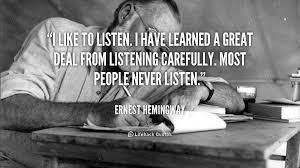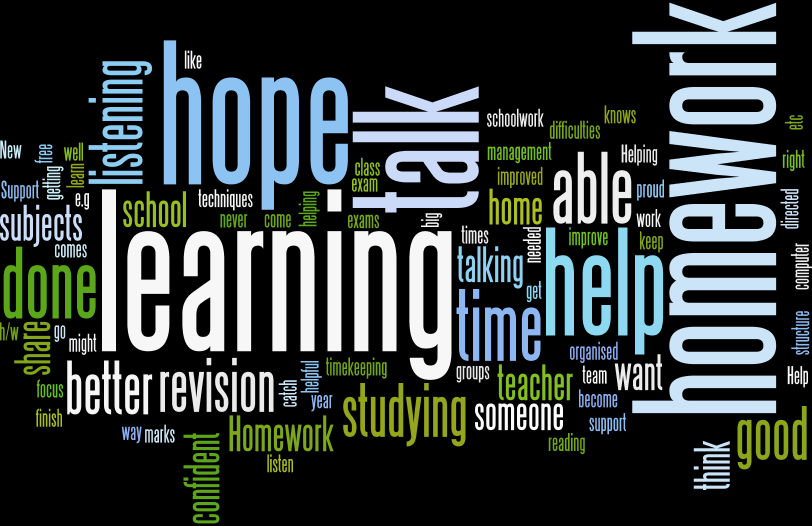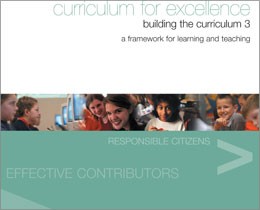We’re finally getting around to doing the second tranche of interviews, starting with S3. Our schedule for interviews anticipated the problems that arose at the end of last term around absence, assemblies and such like as we had a couple of weeks unassigned. We’d intended those for either catch-up interviews with absentees, or, had all gone to original plan, for a few ‘bespoke’ interviews with students who may have benefited from an extra wee chat.
We’ve put together another self-assessment tool; it’s a questionnaire this time and focusses on key skills and attributes to support learning, wellbeing and confidence:
- I manage deadlines for my work well.
- I know where I am doing well and need to improve in each subject.
- I know where to go to find help with my work.
- I work well with others.
- I am comfortable with change.
- I make sure I have a healthy balance between my school work and other commitments
- Engage with the work by actively participating in lessons.
- I approach my learning with a positive mental attitude and I am open to new ideas.
- I explore a range of strategies to help me learn.
- I look after my physical and mental health.
It’ll be interesting to see how the pupils respond to this.
We also did an evaluation at the end of last term which is currently being analysed. As the last thing teachers want or need, is extra workload, so we have not been going above and beyond by supporting individual pupils in specific pieces of work. We’ve deliberately kept the content of the study sessions fairly hands-off in order to reflect a potential reality next session and so the results of the evaluation will hopefully show whether and how this is useful to the students, as well as let us know what impact the coaching is having.
Finally, in the first round two coaching session this week, the pupil voluntarily said that she had really noticed a difference in her ability to overcome a couple of her barriers to learning as a result of the coaching conversation. I’ll be honest, I was surprised at this, as I expected results to be slower and less tangible to the pupils. I obviously underestimated the pupil’s understanding of the process and the benefits it offered to her. We’ll see if that response is shared by others in the coming weeks.








